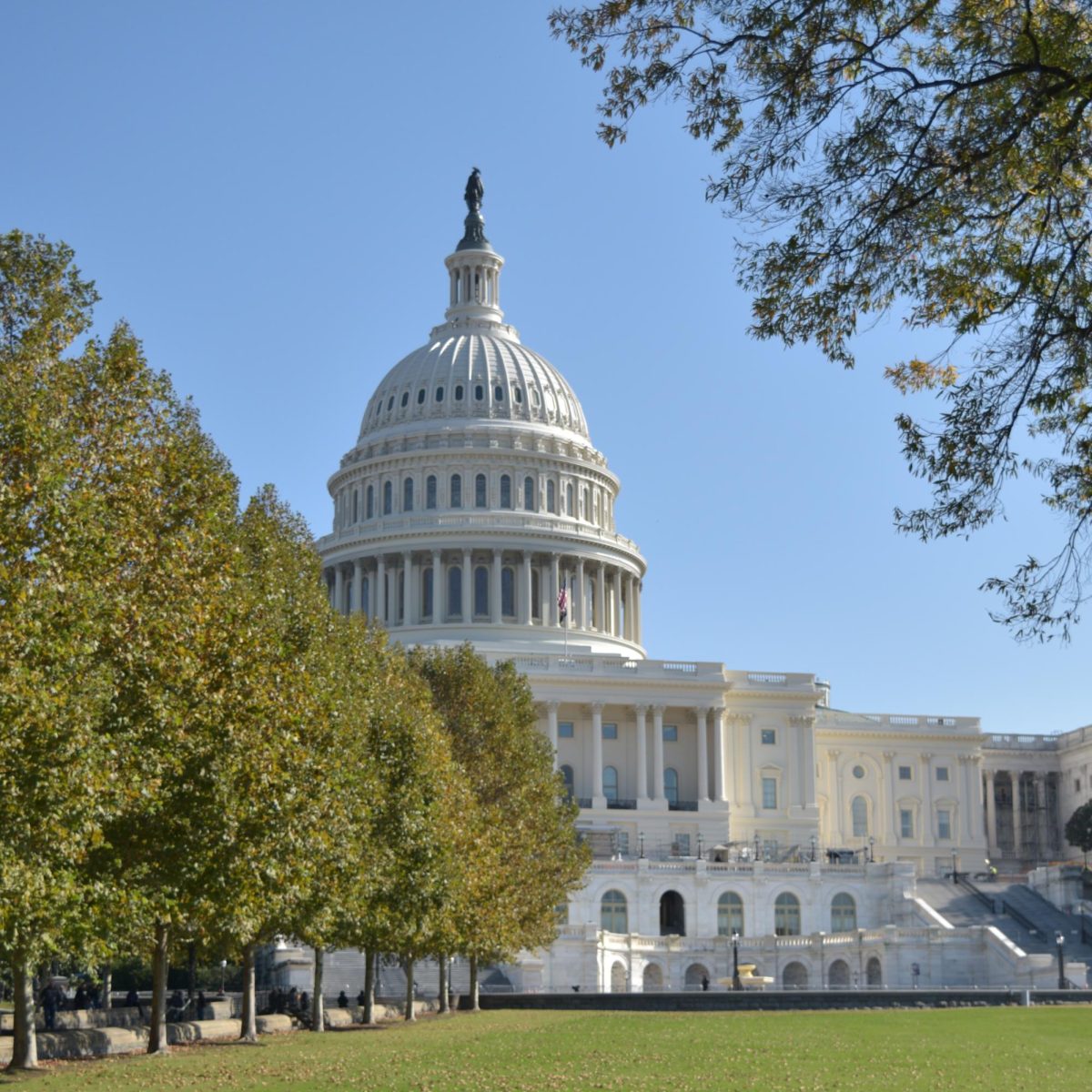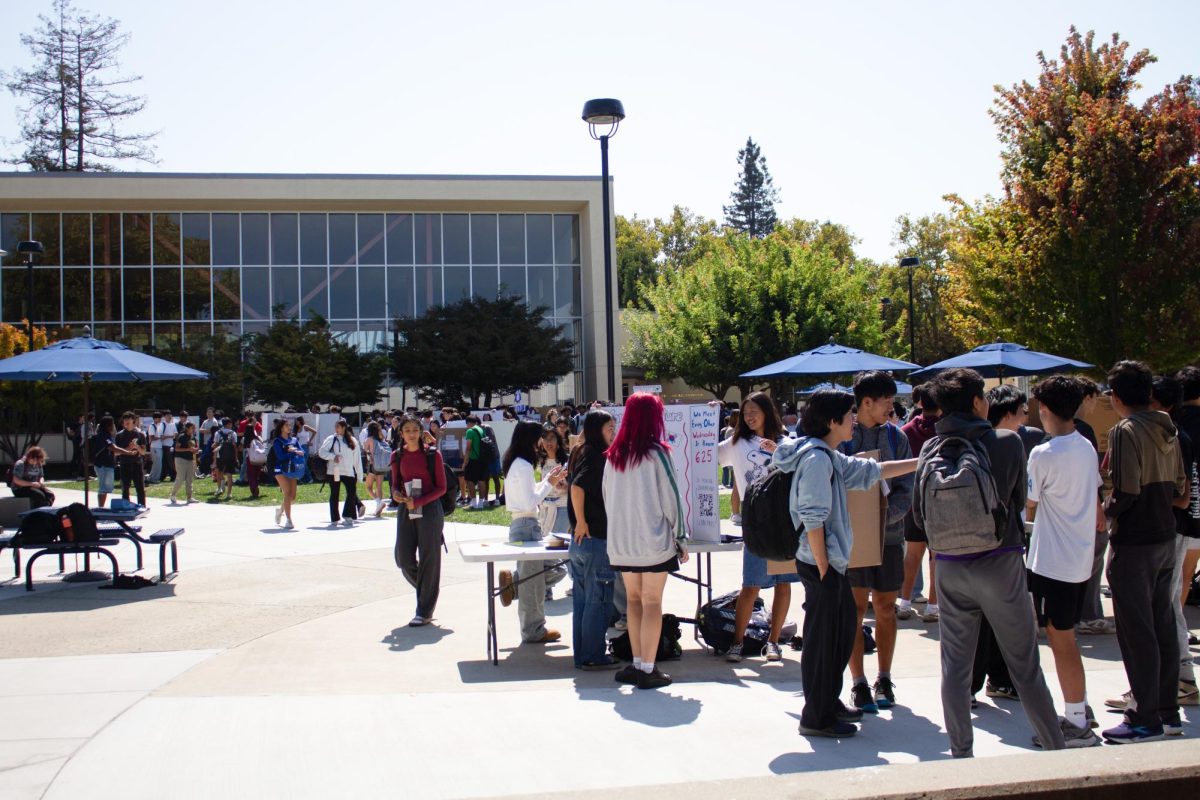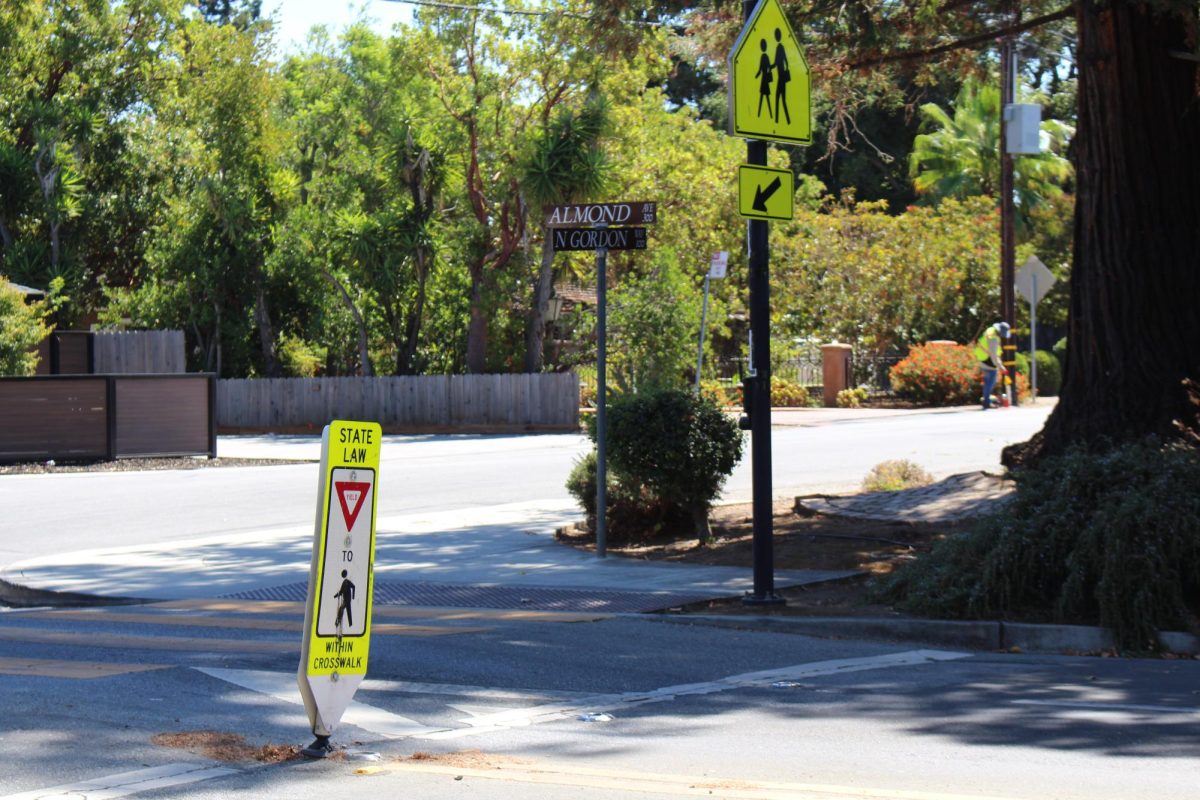The first presidential debate between candidates Mitt Romney and Barack Obama took place yesterday, October 3. Jim Lehrer from Public Broadcasting Service (PBS) moderated the debate, which focused on domestic issues.
Given the national focus, the economy became the main issue in the debate. Both candidates stressed the importance of giving the middle class tax breaks and other forms of economic relief. However, they clashed over whether Romney wants to cut taxes for wealthy Americans. Obama argued that Romney wants to give the wealthy a $5 trillion cut, increasing the deficit, which Romney denied. Fact checkers, such as http://politicfact.com, have since said that the cut Romney proposed would take place over 10 years, something Obama neglected to mention. Yet it was correct that Romney hasn’t specified how he would fund it.
Another point of contention was the federal deficit. Romney stressed the fact that the deficit has significantly increased under Obama, and that lowering it would be a priority for his administration. Obama pointed out that he took office during a dire economic time and that money had to be spent to get the nation out of immediate peril. However, Obama also said that he is committed to eliminating unnecessary government programs.
When it came to entitlements, such as Medicare and social security, both candidates were incredibly careful. Neither wanting to lose the senior vote, both repeatedly stated that they didn’t want to cut benefits for current retirees or for those nearing the retirement age. However, Romney stressed that when it came to Medicare he wanted to give states more freedom and give seniors the option to either use vouchers to get insurance on the private market, or to keep using the government’s plans. Obama, on the other hand, claimed that this would endanger seniors’ care because it would be subject to market volatility.
The debate then turned to health care. Romney criticized Obamacare, saying it raised costs and didn’t offer states enough flexibility. Obama pointed out that much of the law is based on a bill passed in Massachusetts while Romney was governor. However, Romney countered by saying that his bill was done in a bipartisan way at a state level, neither of which was true with the federal version.
After the debate, a majority of the analyses said that Romney was the winner. Obama came across as less confident in his ideas and was not particularly confrontational with Romney. However, the bar was set high for Obama as he is considered a better speaker. When he didn’t reach these expectations, Romney looked better in comparison.
However, Obama outperformed Romney in giving specific plans and statistics. He had the advantage of having been in office for four years, which allowed him to cite specific reforms he wants to make during his second term, while Romney was more vague.
Nonetheless, one of the biggest challenges for Romney in the first debate was in looking like a competent and serious candidate in comparison to Obama. Fundamentally, Romney rose to this challenge and was able to contend with Obama on some of the most important issues to this nation.
Despite Romney’s strong performance, the race is still very much in the open and subject to the debates in the coming weeks. There will be a Vice Presidential Debate from 6 to 7:30 p.m. on Thursday, October 11, followed by a town-hall format debate from 6 to 7:30 p.m. on Tuesday, October 16. There will also be a foreign policy debate from 6 to 7:30 p.m. on Monday, October 22.








